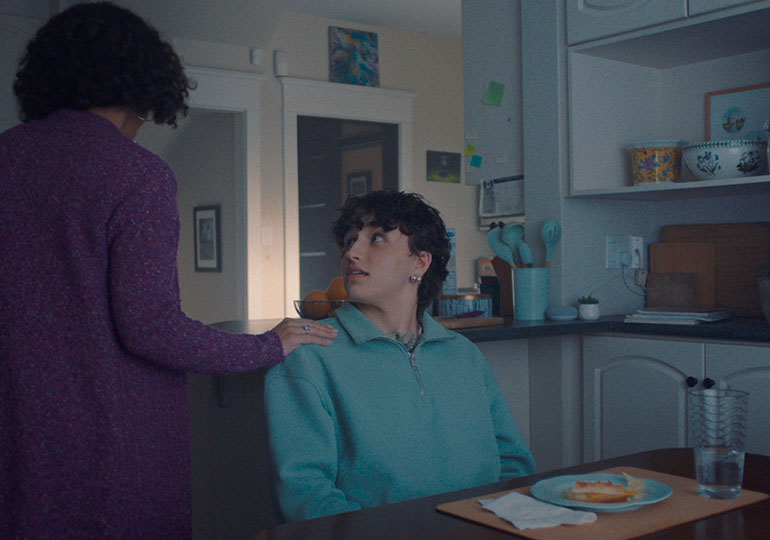Deciding to smoke is a choice that only you can make. Whether you’re a frequent smoker or you’ve never smoked before, it’s important to be aware of the risks to your health. Here, Kids Help Phone shares information about smoking and tips for quitting.
Why do people smoke?
People smoke for a variety of different reasons. Some people decide to try smoking and then choose not to do it again and some people choose to continue.
Some of the most common reasons why people smoke include:
- to cope with stress or strong emotions
- to take a break and/or pass the time
- peer pressure from friends or family
- to lose weight
- to look cool or fit in
Smoking is a personal choice. If you think your friends won’t want to be around you unless you smoke, talk to them. Good friends will understand and respect your choices.
Why do people decide not to smoke?
Smoking is damaging to your health
Some of the health issues associated with smoking include:
- cancer
- heart disease
- respiratory issues
- lung damage
- increased risks during pregnancy
- damage, decay and disease to teeth and gums
- nicotine addiction
Smoking is dangerous for people around you
Second-hand smoke can cause health difficulties for non-smokers, including:
- coughing and chest discomfort
- lung infections
- ear infections
- asthma attacks
- cancer
Smoking has physical impacts
Frequent smoking can cause:
- yellow fingers and teeth
- bad breath
- clothes and hair that have the odour of cigarettes
- shortness of breath
- decreased performance in sports or physical activity
Smoking can limit your activities and/or opportunities
Smoking can impact practical things like:
- your ability to rent an apartment or accommodation as easily
- your ability to participate in social events
- restrictions around where you can smoke (e.g. smoking areas in public places)
Is smoking addictive?
Smoking can be very addictive. While feeling addicted to cigarettes is different for everyone, it can take a short time to develop an addiction to the nicotine in cigarettes, chewing tobacco and vapes. Smoking can also be addictive because it may be tied to things like your daily habits, routines, social groups, etc.
If someone develops an addiction to cigarettes, it may mean frequently craving cigarettes, experiencing withdrawal symptoms, not feeling like yourself without smoking a cigarette, being unable to complete a task without a cigarette, etc.
How can I quit smoking?
Many people stop a few times before they successfully quit smoking. If you don’t quit on the first try, that’s OK — you can always try again when you’re feeling more ready and/or supported.
Try these tips to help make quitting easier:
- talk to a doctor about the best way to quit
- make a list of all the reasons you want to quit and post it in a place where you’ll see it frequently
- tell other people that you’re quitting and ask them to support you
- choose a “quit date” and stick to it
- use an app to help you set reminders and mark milestones
- quit with a friend
- join a support group or start one of your own
- reward yourself for your success!
It’s important to be informed about the risks and impacts before deciding to smoke. If smoking or quitting smoking is impacting your social, mental, emotional, physical or spiritual health, Kids Help Phone is available to support you.



















